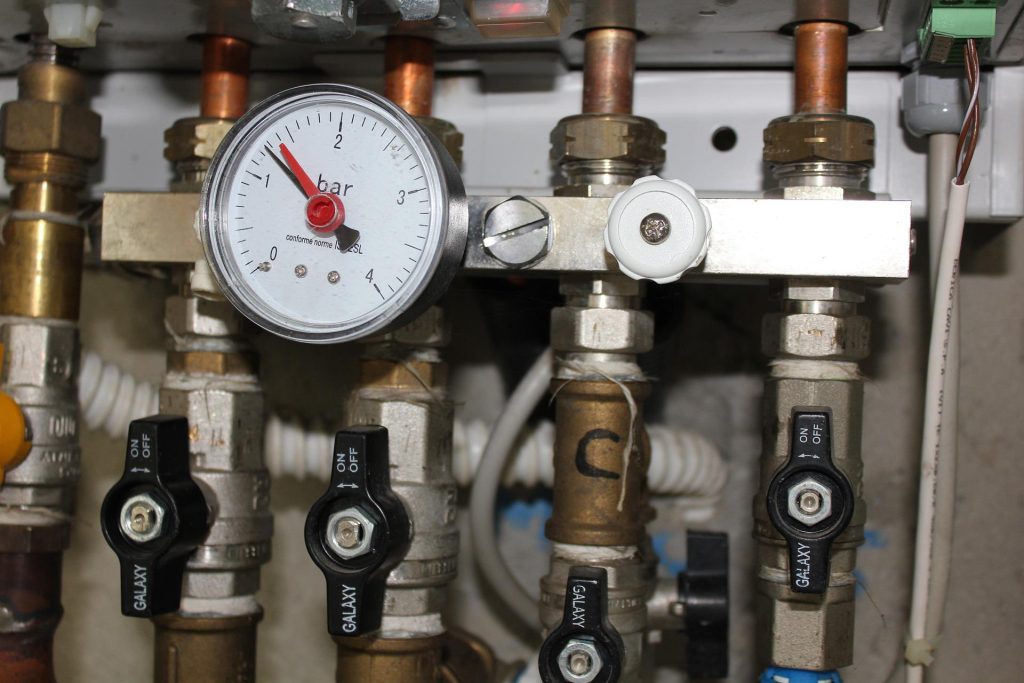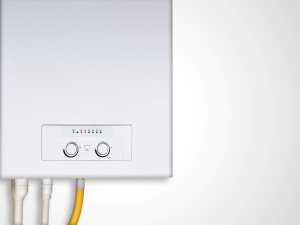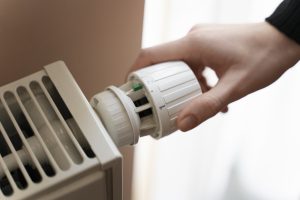Tankless water heaters have made their mark on the world, slowly pushing the traditional water heaters to the back of our minds. If you have researched the cost of a tankless water heater, you know that the selling price is sometimes more than a traditional water heater. But does it make up for this in the savings you will get over the course of its usage? And what is the average lifespan of a tankless water heater? If it’s well taken care of, you will see many years of consistent use from your tankless water heater. You can look here to find out the pros and cons of tankless water heaters.
What are the advantages of a tankless water heater?
The initial advantage that gets most people to begin considering a tankless water heater is having an endless supply of hot water. This is a big selling point of tankless water heaters, and it can certainly help avoid disruptions in hot water availability when you need it.
Consistent hot water is not all you get, though. Tankless water heaters also save you money on your monthly utility bill expenses. Not having to maintain a large tank of water at a sufficient temperature 24/7 will inevitably save you money. It is estimated that switching to a tankless water heater can save you up to 30% off your monthly utility bills.
How does a tankless water heater work?
With a tankless water heater, your primary water source is plumbed directly into the device. When you turn a faucet, dishwasher, clothes washer, or any other hot water source in your home on, it will begin to let the water flow through your tankless water heater. As the water starts to flow, the heating source kicks on, whether you have an electric or gas, and it heats the water in a heat exchanger as the water travels through the water heater. Since the water heater can heat the water faster than it leaves the unit on average, you’ll have a constant supply of hot water.
On the other hand, a traditional water heater consists of a large tank, typically 30 to 80 gallons. This tank will be full of water, and the heating source of your water heater will be in charge of keeping this water warm at all times. When you begin to use water from the tank, the cold water from your city water or well will flow into the tank. This causes the temperature of the entire tank to cool while the heating source desperately tries to keep up. This is why you run out of hot water with a traditional heater – you’ll often be using the water faster than it can be heated.
What is the average lifespan of a tankless water heater?
A traditional water heater can last around 12 years if properly maintained. At the same time, the average lifespan of tankless water heaters is in the 15 to 20+ years range. A couple of factors will significantly determine these numbers, one of which is if you are properly maintaining the water heater.
It is always recommended that you flush your tankless water heater at least once a year. Minerals can build up around the heating elements, which will rob you of efficiency and could lead to element failure. You can read more about water heater corrosion and what causes it here.
Another thing that may determine the average lifespan of a tankless water heater is the level of hardness in your water. Having an abundance of minerals in your water is what makes it hard. You should invest in a water softener if your area has hard water, but this may be even better if you plan to invest in a tankless water heater.
What is the price difference?
Tankless water heaters are definitely pricier than traditional options. However, the overall value they can deliver over the course of their lifespan is far beyond what a tank-based heater can provide. The upfront cost is what will be more, as the unit will usually use more advanced technology and sophisticated parts compared to a traditional water heater, depending on which model you decide to purchase. There is also the installation that you will have to consider in the initial cost.
While you may already have a traditional water heater, replacing it with a new one might not be as expensive as you may think. If you already have the electrical wires, breakers, and water lines that can be repurposed to the tankless water heater, your installation is likely to cost much less. That being said, a brand new installation without a tankless water heater in mind usually requires wiring and/or new piping to be sent up, since it’s not uncommon for tankless water heaters to have specialized vent piping to work correctly. In these cases, you will usually need to pay additional amounts upfront to have the work done.
But for the relatively small amount of additional cost to install a tankless water heater, consider that you can save up to 30% on your utility bills by switching every month. The longer you use it, the more you’ll save, and you’ll continue to get much more value compared to your initial installation costs.
Why does a tankless water heater last longer than a traditional one?
A tankless water heater will last longer than a traditional one because there is no constant volume of water sitting in the system, slowly rusting everything inside. That’s right, the minerals in your water can cause corrosion over long periods of time. While they sit in your traditional water heater, they attach themselves to the tank, the heating elements, and the anodized rod, slowly wearing away at the efficiency and lifespan of your water heater.
Gas tank water heaters will not have to deal with nearly as many mineral issues as electric water heaters, but they have their own sets of issues. Notably, there are many small components that have to work correctly for a gas-burning appliance to function well. These will need to be routinely serviced and checked for proper operation, and there’s a higher chance of breakdown or failure with gas tank water heaters.
Final thoughts
Now you know what the average lifespan of a tankless water heater is and a lot of advantages to purchasing one, including unlimited warm water and lower utility bills. Whether you choose the traditional or tankless routes, you can always contact Clover to ensure quality service and maintenance that will let you use your water heater for years to come.




